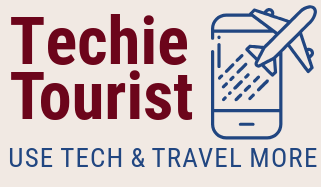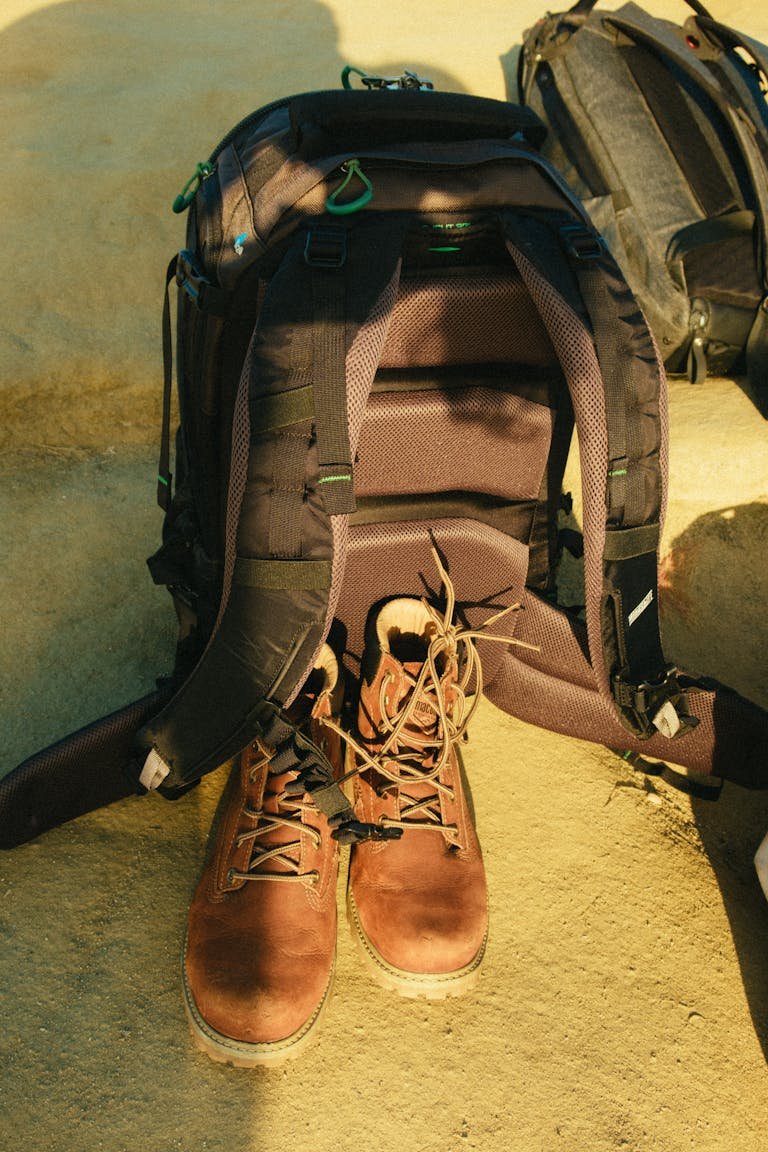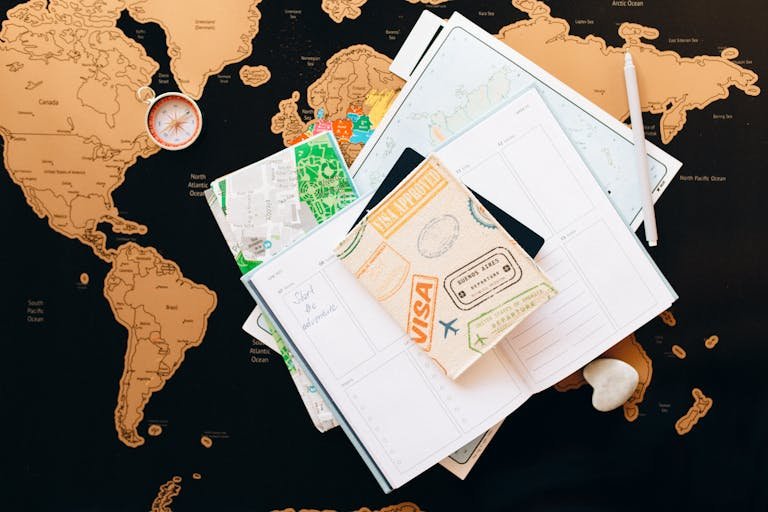How to Travel with Medication in 2025
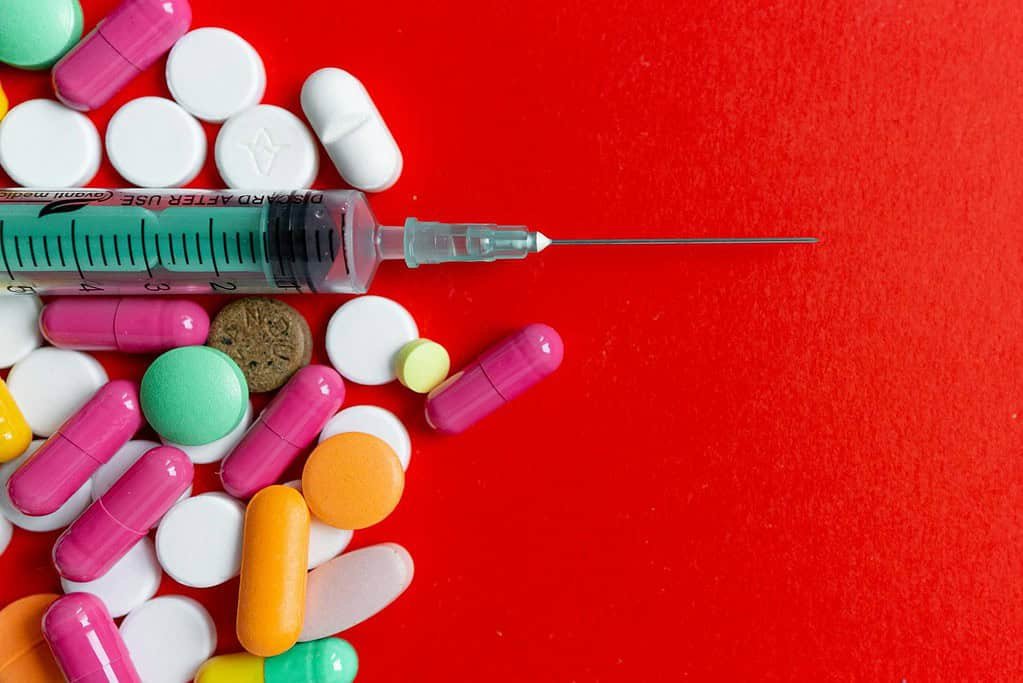
Are you unsure how to pack and travel abroad with controlled or prescribed medication? We have some tips on planning and organizing your medicines as you travel and keeping your meds safe when you arrive and back home from your destination.
1. Plan Ahead to Prepare Your Medications
When traveling abroad, especially as a couple, meticulous planning is essential for managing your medications. The first step involves understanding the rules and regulations concerning pharmaceuticals in your destination country. Regulations can vary significantly between countries, so it is crucial to research and familiarize yourself with any restrictions or requirements. For instance, some countries may have strict controls on certain prescription medications, and failing to comply can result in confiscation or legal issues.
Having a copy of a doctor’s note or prescription is particularly vital when traveling with controlled substances. This documentation should clearly state the necessity of the medication, the prescribed dosage, and the duration of use. It is an official verification that can help you navigate customs checks more smoothly and avoid potential misunderstandings with local authorities. Carrying a copy of your medical prescriptions can also be beneficial if you need to replace lost or stolen medication abroad.
Ensuring you have an adequate supply of medication for the entire duration of your trip, plus a few extra days, is another critical aspect of preparation. Delays in travel plans are not uncommon, and having a buffer ensures you are not left without your essential medications. Always bring medications in their original containers, as this maintains the integrity of the medication and the information on the prescription label. Original containers often include essential details like dosage instructions and the prescribing doctor’s information, which can be helpful in case of medical emergencies.
Finally, clearly labeling your medications is a straightforward yet effective way to manage them while traveling. Labels should include the name of the medication, the prescribed dosage, and your name. This practice helps in easy identification but also assists in avoiding any mix-ups or confusion during your journey. By taking these steps, you can ensure that your medication needs are met, allowing you to enjoy your travels with peace of mind.
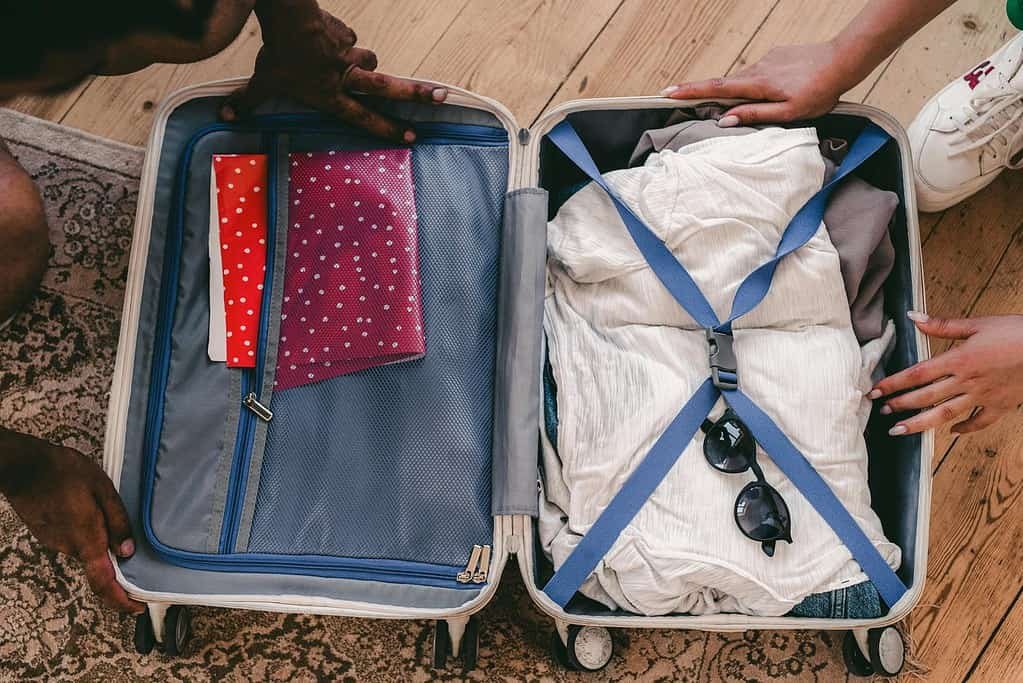
2. Packing Smart to Know How to Pack Your Medications
Packaging your medications effectively ensures a safe and stress-free journey when preparing for international travel. One of the most important steps is to keep all your medications in your carry-on luggage. This precaution helps to avoid any complications that might arise if your checked baggage is lost or delayed, ensuring you have access to your necessary medications at all times.
Organization is key when packing medications. Utilize pill organizers or zip-lock bags to separate daily doses, making it easier to manage your medication schedule while on the go. Label each compartment or bag clearly to avoid confusion, and consider using a small, portable storage container to keep everything together and easily accessible.
Maintaining the correct temperature for certain medications is also essential. Some medicines require specific storage conditions and may need to be kept cool. For these, consider using insulated bags or ice packs. Check the airline’s policy on carrying ice packs in your carry-on luggage and ensure they are correctly sealed to prevent leaks. Use phase change materials (PCMs) instead of regular ice packs. These maintain a constant temperature for more extended periods. Invest in a small, portable medication cooler that can be plugged into a car or hotel room outlet.
Use vacuum-insulated medication travel cases to keep contents cool for up to 24 hours without electricity. Pack medications in a small cooler bag with frozen gel packs, then place this inside your carry-on luggage for added insulation. If staying in hotels, call ahead to ensure your room will have a mini-fridge. Some hotels offer medical fridges upon request.
Another critical step is to bring a comprehensive list of your medications, including the names, doses, and times they need to be taken. This list can be invaluable if you need to see a doctor abroad, as it provides transparent information about your medical needs. Additionally, having a doctor’s note that details your medical conditions and prescribed medications can facilitate smoother interactions with healthcare providers and security personnel at the airport.
Following these tips ensures you are well-prepared for your travels, safeguarding your health and peace of mind. Packing your medications thoughtfully is a small step that can make a significant difference in your travel experience.
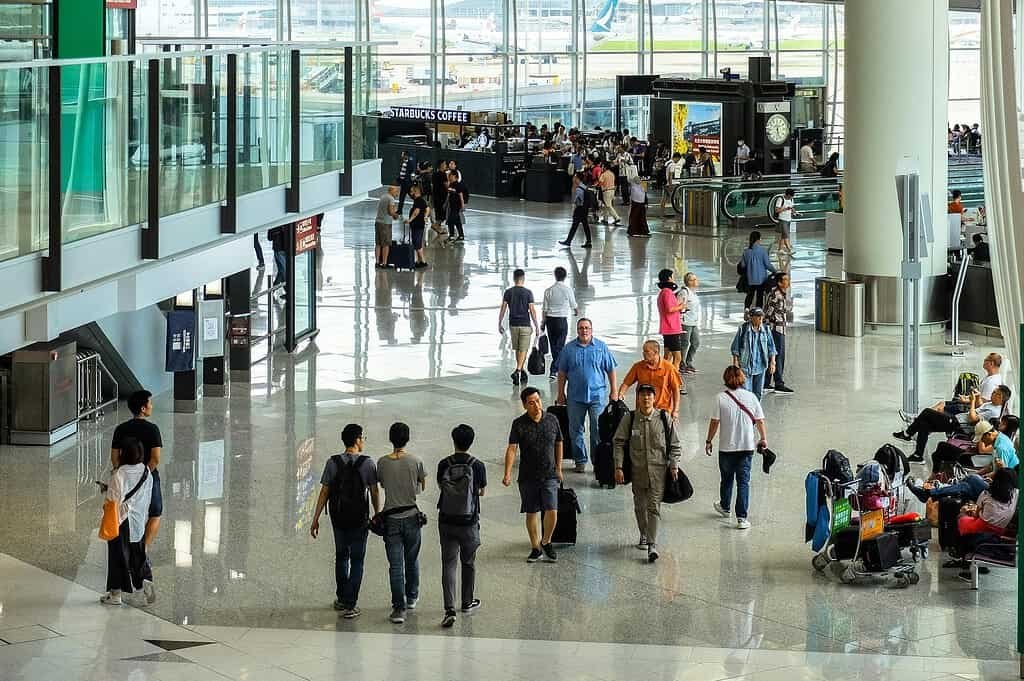
3. Navigating Airport Security to Know What to Expect
Traveling with medication can be seamless if you are well-prepared and informed about the guidelines. When flying abroad, couples should first become familiar with the Transportation Security Administration (TSA) guidelines for traveling with medications. According to TSA regulations, passengers can bring medications in both pill and liquid form. However, it is essential to follow specific protocols to ensure a smooth passage through airport security.
One of the primary steps is to declare your medications at the security checkpoint. When you approach the screening area, inform the TSA officer that you carry medically necessary items, including liquid medications. While medicines in liquid form exceeding 3.4 ounces are typically exempt from the standard liquid restrictions, they must still undergo inspection. For efficiency, keep your medications in their original packaging with clear labels to avoid confusion.
Another crucial tip is to keep your medications easily accessible. Place all medications in a separate, clear plastic bag and store them in your carry-on luggage. This expedites the security process and ensures your medications are within reach during your flight. It is also advisable to bring a copy of your prescription and a doctor’s note explaining the necessity of the medication. This documentation can be handy if any questions arise or additional screening is required.
While your medications may be subject to additional inspection, the TSA is accustomed to handling such items. The key is to remain patient and cooperative. By adhering to these guidelines and being prepared, you can significantly reduce any potential stress associated with traveling with medications.
Medications are allowed on flights, and by following the rules and being organized, couples can ensure a smooth experience through airport security. By keeping medications accessible and having the necessary documentation ready, you can focus on enjoying your trip rather than worrying about the screening process.
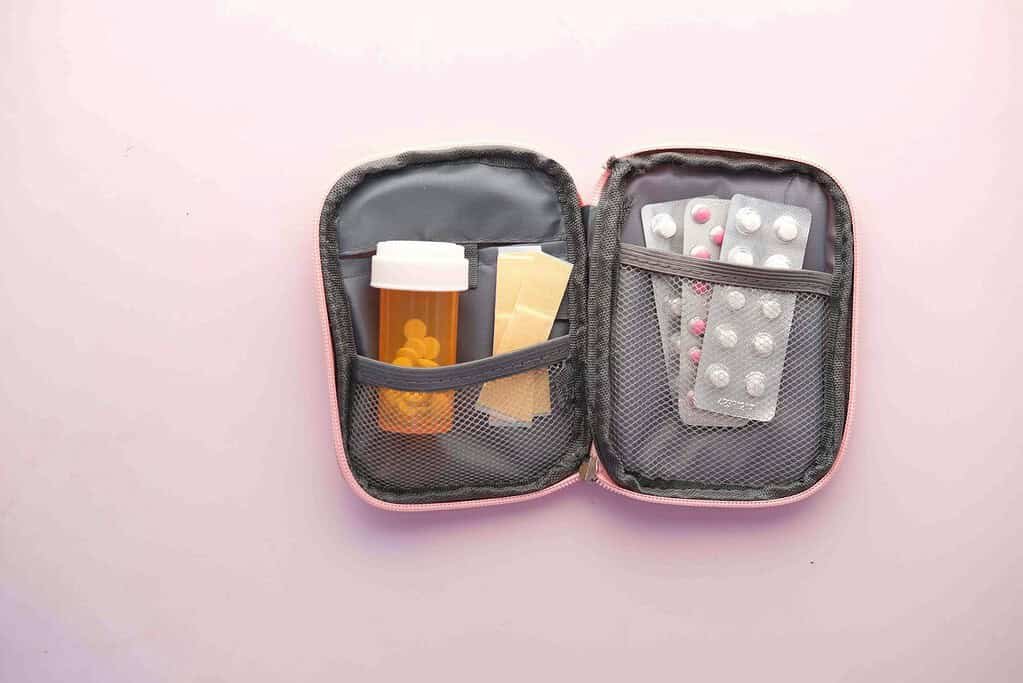
4. Staying Safe, Healthy, and Managing Medications Abroad
Upon arriving at your destination, managing your medications effectively is crucial to ensure both safety and health. One of the foremost considerations is adhering to your medication schedule, especially when adjusting to a new time zone. It is advisable to consult with your healthcare provider before your trip to get specific recommendations on changing your medication timings. Using a smartphone app or setting multiple alarms can help you stay on track.
Another vital aspect is keeping medications secure in your hotel room. Use the safe or lockbox provided to store your medications securely. This precaution reduces the risk of theft or accidental loss, ensuring your treatment regimen is not disrupted. If your accommodation lacks these security features, consider carrying a portable lockbox.
Staying hydrated and maintaining a balanced diet is essential to optimize the effectiveness of your medications. Dehydration or poor nutritional intake can interfere with how your body absorbs certain medications, potentially leading to diminished efficacy. Always carry a refillable water bottle and be mindful of your dietary choices, prioritizing meals that include a variety of nutrients.
It is crucial to have a plan of action in situations where you lose your medication or run out. Before your trip, list local pharmacies and healthcare facilities at your destination. Contacting a local pharmacy can often expedite obtaining a temporary supply. Having your doctor’s contact information back home is also a good idea, as they may provide an emergency prescription or coordinate with a local healthcare provider to ensure you receive the necessary medication.
Overall, careful planning and proactive measures will help you manage your medications effectively during your travels, allowing you to enjoy your trip without compromising your health.
